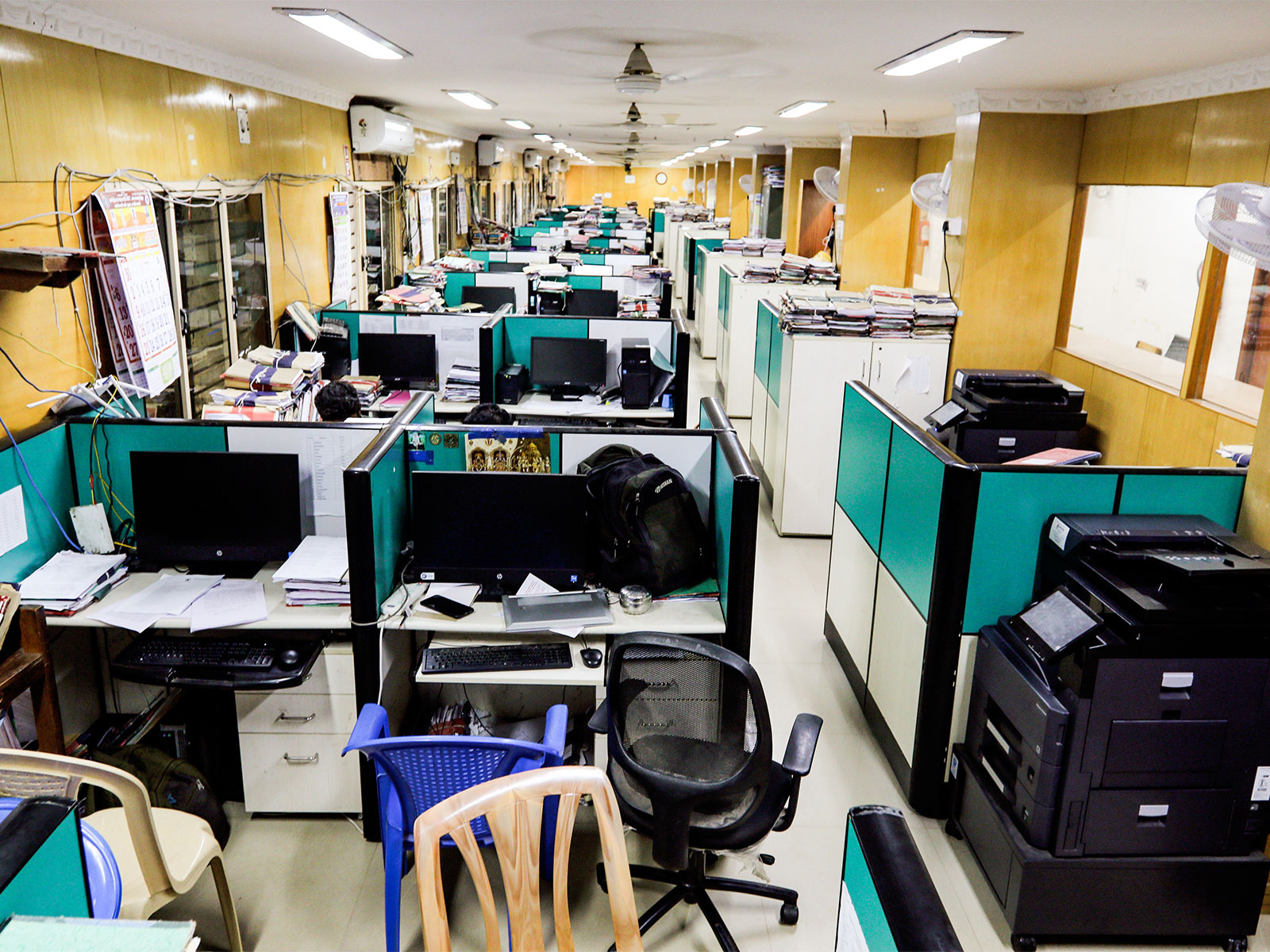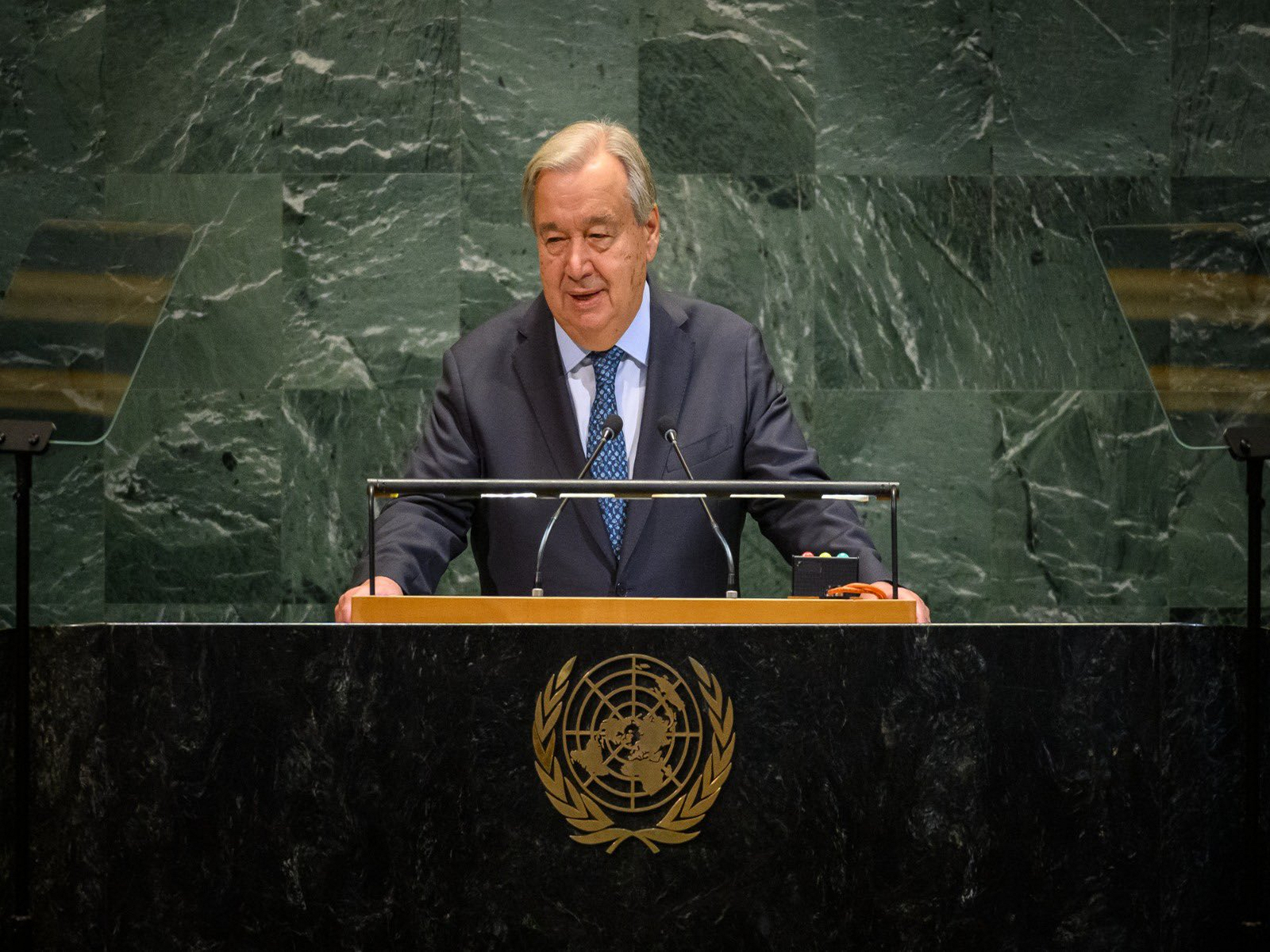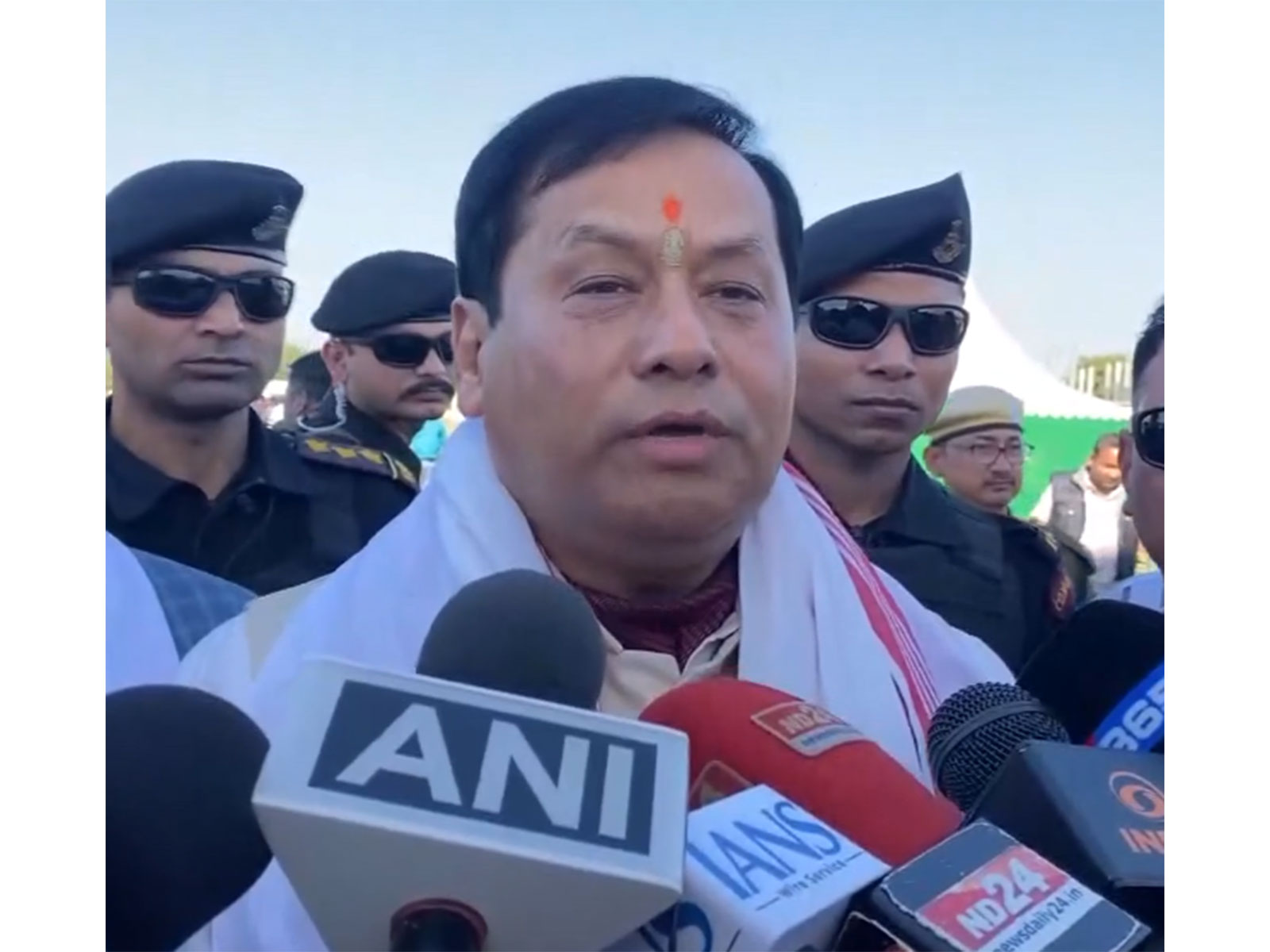Expect repo rate cut only in October RBI policy meeting: SBI Research
Jun 07, 2024

New Delhi [India], June 7 : As widely expected, monetary policy committee of the Reserve Bank of India (RBI) decided to keep repo rate unchanged at 6.50 per cent, eighth-time in a row, though not unanimously. Two of the members voted to reduce the policy repo rates by 25 basis points (100 basis points is equal to 1 percentage point).
Soon after the RBI policy decision, SBI Research in a report asserted that RBI will continue the hold the rates in coming policy (in August) as well and will revisit the stance in the second half of 2024-25.
The report, authored by Soumya Kanti Ghosh, SBI's Group Chief Economic Adviser, expects first repo rate cut in October meeting. The repo rate is the rate of interest at which the RBI lends to other banks.
"Overall, RBI will continue the hold the rates in coming policy as well and will revisit the stance in H2 of FY25. We expect first cut in October 2024," the report read.
All in all, the SBI Research report noted that the June monetary policy was mixed bag as it happened in the midst of political transition.
"While the direction of policy is more or less decided, RBI has adopted more cautious stance to observe new government moves," the report argued.
RBI has been consistently focusing on ensuring that inflation progressively aligns to the 4 per cent target, while supporting economic growth.
RBI today retained its inflation projection for 2024-25 at 4.5 per cent with Q1 at 4.9 per cent, Q2 at 3.8 per cent, Q3 at 4.6 per cent, and Q4 at 4.5 per cent.
The outlook for inflation will largely be shaped by food inflation trajectory. Further, volatility in crude oil prices and financial markets along with firming up of non-energy commodity prices may pose upside risks to inflation.
Consumer price inflation has seen moderation since February 2024, albeit in a narrow range from 5.1 per cent in February to 4.8 per cent in April 2024. Food inflation, however, remains elevated due to persistence of inflation pressures in vegetables, pulses, cereals, and spices.
RBI enhanced its real GDP growth projection for 2024-25 by 20 bps to 7.2 per cent from 7 per cent (Q1: 7.3 per cent, Q2: 7.2 per cent, Q3: 7.3 per cent, and Q4: 7.2 per cent).
India's GDP grew at a massive 8.2 per cent during the financial year 2023-24, and the country continued to remain the fastest-growing major economy. India's economy grew 7.2 per cent in 2022-23 and 8.7 per cent in 2021-22, respectively.
RBI also noted that the expectation of normal monsoon augurs well for agriculture and rural demand while sustained momentum in manufacturing and services activity may enable a revival in private consumption.
However, the bright outlook may be clouded with geopolitical tensions, volatility in international commodity prices, and geoeconomic fragmentation.
The RBI typically conducts six bimonthly meetings in a financial year, where it deliberates interest rates, money supply, inflation outlook, and various macroeconomic indicators. The other meetings are scheduled for August 6-8, 2024; October 7-9, 2024; December 4-6, 2024; and February 5-7, 2025.
Barring the latest pauses, the RBI raised the repo rate by 250 basis points cumulatively to 6.5 per cent since May 2022 in the fight against inflation. Raising interest rates is a monetary policy instrument that typically helps suppress demand in the economy, thereby helping the inflation rate decline.




















